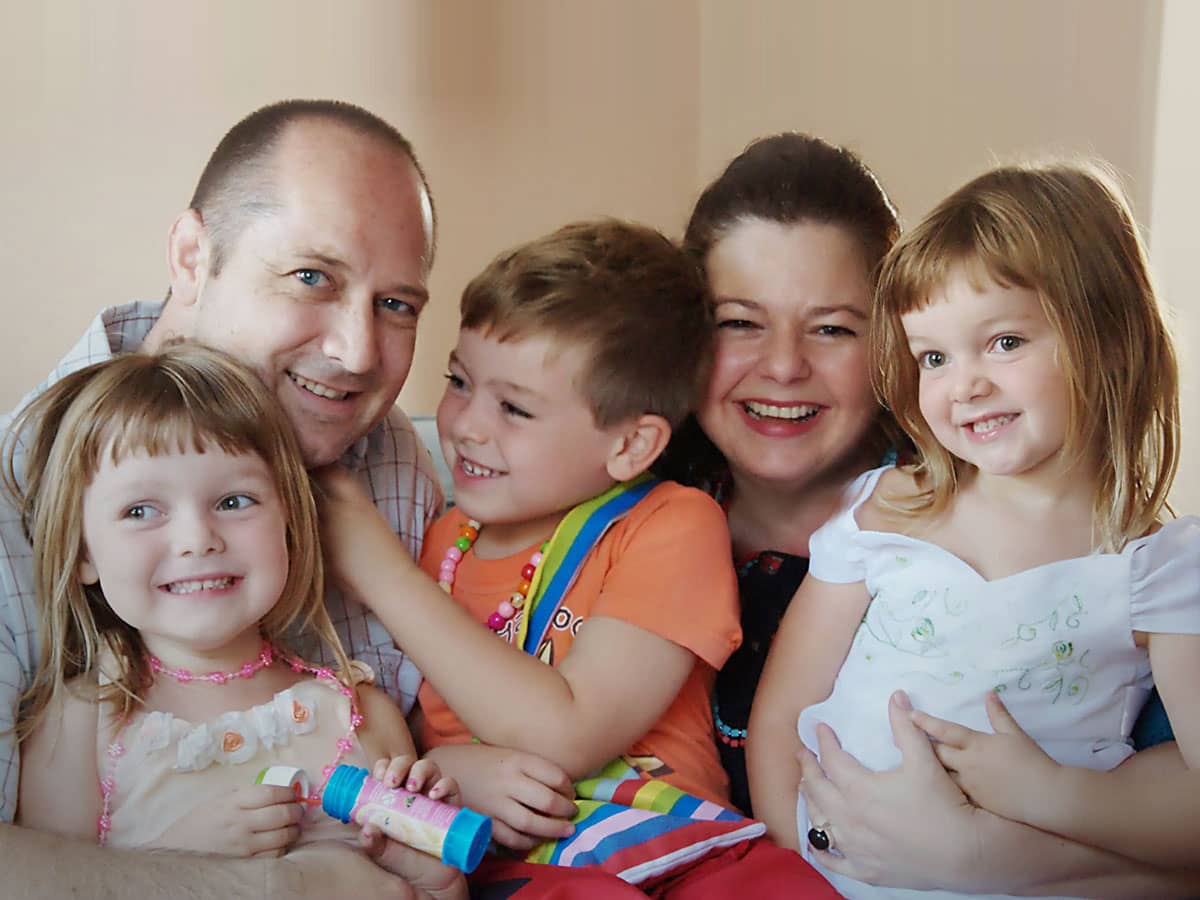Now that the project is almost completed, all of us have come to a deeper appreciation of the complexity of the Christian tradition. On one hand, we could not help being disturbed by some of the ideas we unearthed: unfortunately, some of the stereotypical, negative images of Christian discipline and brutality are rooted in history. Needless to say, Christian theologians were shaped by their own time and place, and some were psychologically or physically cruel. For example, in my research on Jonathan Edwards, the eighteenth-century American Calvinist, I found that he did not hesitate to use fear in order to make children repent. Because of his genuine belief in infant damnation and children's depravity, he told children they were "young vipers" who deserved to go to hell. Unless they were "born again" they would "burn in hell forever." Other Christians defended physical punishment on the grounds that children needed "correction." In seventeenth-century Canada, Jesuit missionaries taught Huron Indians not to "spare the rod." True Christians knew that sinful children sometimes "needed" to be hurt.
Yet without ignoring this troubling heritage, we also found that many Christian thinkers were inspired by Jesus' famous words, "let the little children come to me." For example John Calvin, famous for his insistence on human depravity, believed children could serve as religious examples for adults. Karl Rahner emphasized that children are fully human and should be treated with respect. And August Hermann Francke ministered to orphans and poor children, arguing that they, too, were the heirs of God's kingdom. Even Jonathan Edwards, whose views of children sound harsh to modern ears, claimed that young children could be true Christians. As he explained, "many of them have more of that knowledge and wisdom, that pleases [God] and renders their religious worship more acceptable, than many of the great and learned men of the world."
First and foremost, our project has been a scholarly one. By exploring the theological controversies over children, we have tried to give a richer account of the history of Christian thought. But because studying the past inevitably raises questions about the present, we have also tried to help contemporary religious communities reflect on their own views of childhood. Do we see children as innocent, or prone to sin? Do we see them as fully human, or as physically or psychologically deficient? How do we define children's rights and responsibilities?
The Christian tradition does not offer easy solutions to the problems facing children today, but critically examining that tradition might help us come to a deeper understanding of both children and the vocation of parenting.

